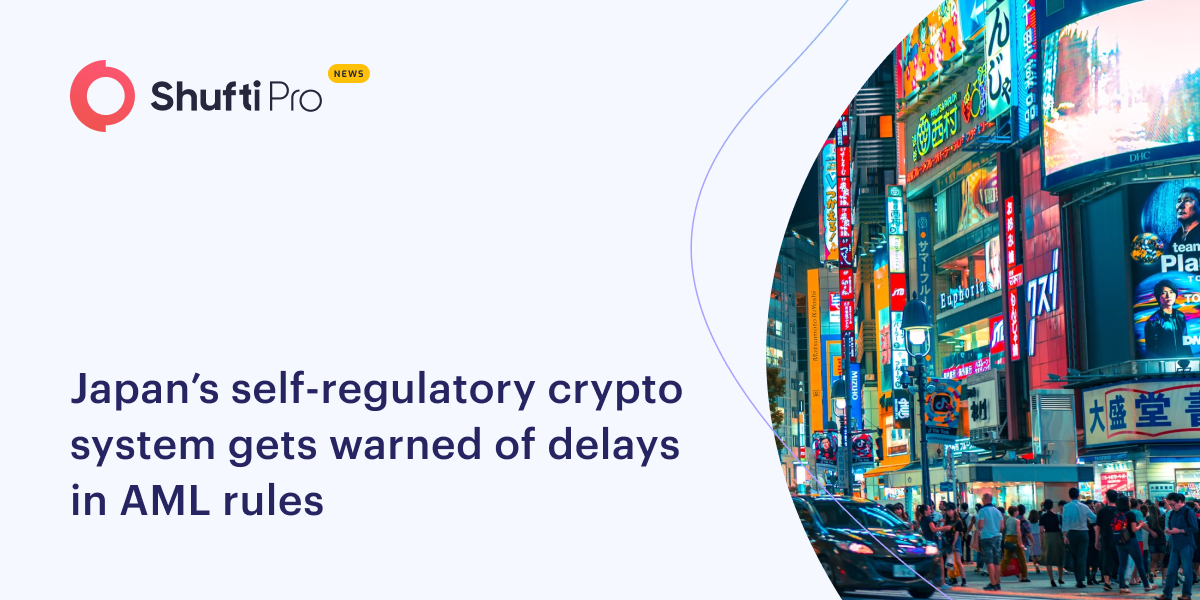Japan’s Self-Regulatory Crypto System Gets Warned of Delays in AML Rules

Japan’s JVCEA has been warned by the Financial Services Agency of the delays in the introduction of AML rules
The Virtual Currency Exchange Association (JVCEA) was established by Japan in 2018 with the purpose of self-regulating the crypto industry. The legal authorities hoped that the new body will assist in creating dynamic policies for the industry and also provide the authority to the sector to penalize exchanges.
The association fell into a crisis that imposes risks to the body in less than five years as reported by the Financial Times. According to a statement from a close representative of FT: “When Japan decided to experiment with self-regulation of the cryptocurrency industry, many people around the world said it would not work. Unfortunately, right now it looks as though they may be correct.”
Japan’s Financial Services Agency (FSA) has criticized the JVCEA’s governance and presented concerns about the delays in the association’s policy in implementing the Anti-Money Laundering regulations, as stated by the Financial Times report.
The FSA also forwarded an “extremely stern warning” to the JVCEA in December 2021. The Financial Times viewed the alerts from the agency, the board meetings after minutes also showed that the regulator was not “clear what kind of deliberations the body was having, what the decision-making process was, why the situation was the way it was, and what the responsibility of the board members were.”
Furthermore, the FT report also highlighted the regulator’s point of view on the failure in the interaction between the JVCEA directors, its secretariat and the member operators that resulted in the inefficient management of the industry body.
Masao Yanaga, a professor at Meiji University and a JVCEA board member, claims that the FSA has made a “very strong request” to introduce anti-money laundering regulations. The industry is taking its time to work on it, though.
Yanaga claimed that the JVCEA’s resource limitations prevent it from working efficiently. Additionally, because the majority of exchanges are small operators, there are worries that they may find it difficult to apply “high-level procedures,” according to Yanaga.
“The operators of the exchanges worry that even if we create these rules, they won’t be able to implement them.”
Yangana further added on the AML laws which are difficult to implement in the unavailability of international policies between the exchanges to share customer data.
The Financial Times report mentioned the statement of a close representative that told about the organisation’s staff mostly comprised of retirees from banks brokerages and the government, he said: “That is why no one there really understands blockchain and cryptocurrencies. The whole mess shows it is not a simple problem of governance. The FSA is very angry about the whole management.”
Suggested Read: Japan’s FSA Deems Crypto Dealers Necessary for Ongoing AML Efforts











